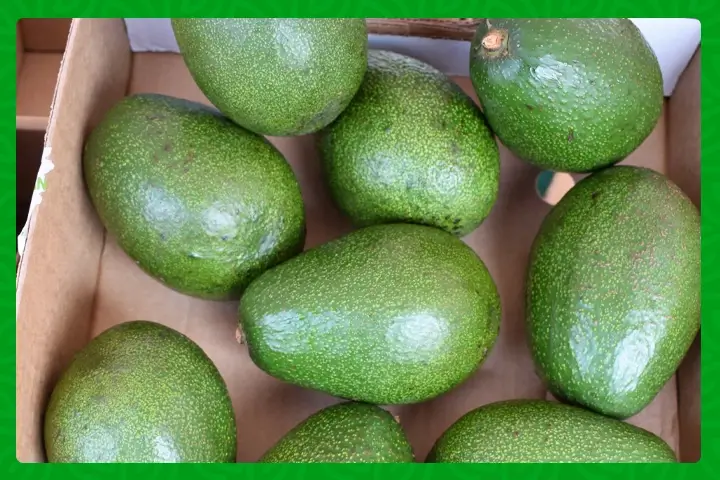
In the lush orchards of Kenya, where avocado trees sway in the gentle breeze, a storm is brewing. The Avocado Society of Kenya, a key player in the horticulture industry, has thrust itself into the spotlight with explosive allegations of immature avocado exports, leaving the nation’s flourishing horticulture sector hanging in the balance.
A Twitter Storm Unleashed
The controversy erupted on social media, particularly on X (formerly Twitter), as the Avocado Society of Kenya, under the handle @KenyaAvocados, named and shamed companies allegedly involved in exporting immature avocados. Shockwaves reverberated through the industry as accusations of collusion with regulatory bodies surfaced. The posts didn’t spare Chambers of Commerce and envoys of countries where Kenya’s green gold is exported.
Regulator’s Caution and Counterclaims
In response to the explosive allegations, the Agriculture and Food Authority (AFA) stepped in through the Horticultural Crops Department (HCD). Acting HCD Director Christine Chesaro issued a stern caution to Ernest Muthomi, the CEO of the Avocado Society of Kenya. In a letter copied to all avocado exporters, Chesaro expressed concern about actions causing “disharmony and disrepute” to the industry and potentially damaging Kenya’s horticultural trade.
Chesaro emphasized the need to follow proper communication channels and handle concerns through established processes rather than resorting to unverified social media posts. The director rebuffed claims of the Avocado Society of Kenya having a supervisory role over the Directorate and warned of consequences if such behavior persisted.
Defiance Amid Claims of Compromise
Undeterred, Muthomi stood by his claims, alleging compromise within the HCD. He asserted that social media exposure was the catalyst for halting avocado exports, questioning the sudden abundance of avocados in defiance of established norms. Muthomi further alleged exporters’ deceit, claiming they mixed avocados with mangoes to mask the immature ones.
Industry’s Rebuttal: Quality Control and Procedures
While the industry buzzes with accusations, Okisegere Ojepat, CEO of the Fresh Produce Consortium of Kenya (FPC Kenya), countered the claims. He reassured stakeholders that Kenya had not banned avocado exports, clarifying that restrictions to air transport were in place due to lower volumes. Ojepat outlined rigorous procedures, emphasizing traceability and inspection processes that make it difficult for immature fruits to leave the country.
Addressing the concern about social media “rumors,” Ojepat highlighted the industry’s multi-stakeholder forum for addressing disputes. He called for responsible reporting and urged stakeholders to report any malpractices through established channels.
A Promise of Quality
As the controversy unfolds, Kenya’s horticulture industry stands at a crossroads. While accusations and counterclaims echo through social media channels, stakeholders are reassured of Kenya’s commitment to providing high-quality avocados. With a meticulous export process in place, the nation invites global partners to engage with confidence, ensuring the world continues to savor the excellence of Kenyan avocados.
In the verdant landscapes of Kenya, where avocados flourish under the African sun, the nation remains steadfast in its pledge to deliver nothing but the finest green treasures to the world.


















